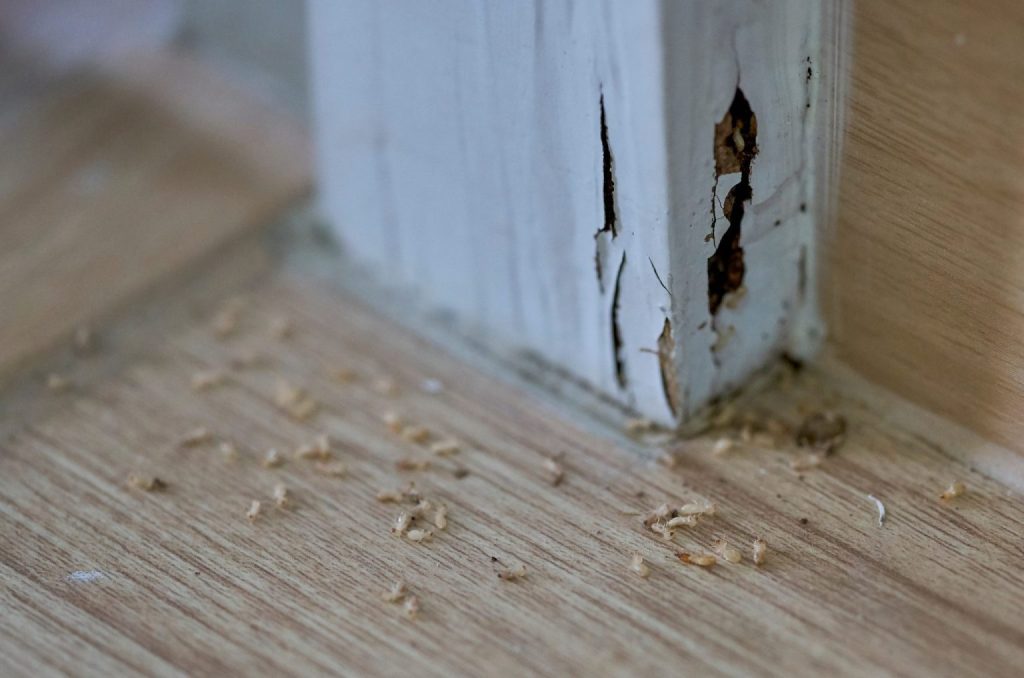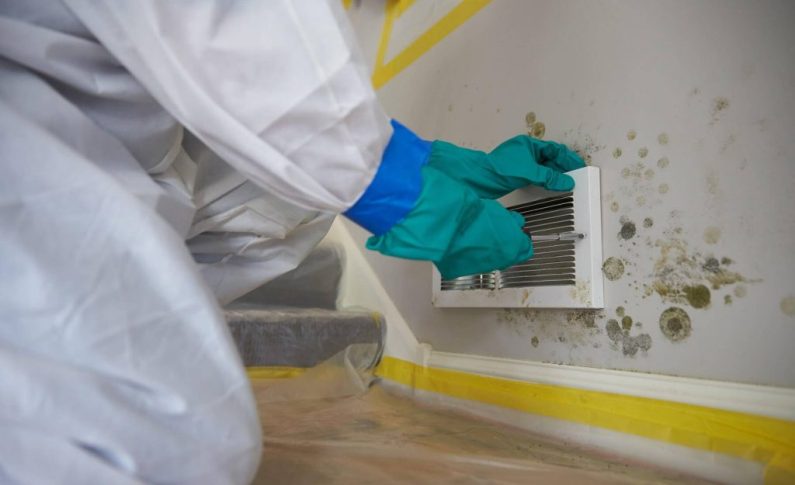Property inspections play a pivotal role in the insurance and real estate industries, ensuring that properties are safe, compliant, and appropriately valued. From assessing structural integrity to identifying potential hazards, these inspections provide essential information to homeowners, buyers, sellers, and insurance providers. Here’s a comprehensive guide to navigating the various types of inspections, including their importance and what they entail.
Understanding Insurance Inspections
Insurance inspections are critical for determining the condition and value of a property before an insurance policy is issued. These inspections help insurers assess risks and set premiums accordingly. An insurance inspector looks at the physical structure of the building, checks for any existing damage, and evaluates safety features that could mitigate potential claims. Homeowners should prepare for these inspections by ensuring their properties are in good condition and any safety installations are up to date. This proactive approach can positively impact insurance premiums and coverage options.
Navigating Real Estate Inspections
Real estate inspections are a standard part of the home-buying process, offering a detailed report on a property’s condition before the sale is finalized. These inspections cover a wide range of components, including the foundation, roofing, electrical systems, plumbing, and HVAC systems. A thorough real estate inspection can uncover hidden problems, allowing buyers to negotiate repairs or adjust the purchase price accordingly. Sellers, on the other hand, might opt for a pre-listing inspection to identify and address any issues before putting their property on the market.
Mold Inspections and Assessments

Mold inspections and assessments are crucial for identifying the presence of mold, which can be a health hazard and affect indoor air quality. These inspections involve a visual examination of the property and may include sampling the air and surfaces to test for mold spores. If mold is found, an assessment will determine the extent of the infestation and the necessary remediation steps. Regular mold inspections are especially important in areas prone to high humidity or after incidents of water damage.
Leveraging Docusketch Reports
Docusketch reports represent a technological advancement in property inspections, offering detailed and interactive 3D models of properties. These digital reports allow for a virtual walkthrough of the property, providing a comprehensive view of its condition. Docusketch reports are valuable for insurance claims, real estate listings, and renovation planning, as they offer a precise and accessible way to assess and document property features.
Conducting Sewer Camera Inspections
Sewer camera inspections are a non-invasive method to check the condition of a property’s sewer lines and other underground pipes. Using a camera attached to a flexible rod, inspectors can identify blockages, damage, and other issues that could lead to costly repairs if left unaddressed. These inspections are particularly recommended for older homes or properties with trees near sewer lines, as they can prevent potential problems before they escalate.
Termite & WDO Inspections
Termite and Wood-Destroying Organism (WDO) inspections are essential for identifying the presence of termites and other pests that can cause significant damage to wooden structures. These inspections involve examining the exterior and interior of the property, including crawlspaces and basements, for signs of infestation or damage. A clean termite and WDO inspection report is often a requirement for securing a mortgage, making it a critical step in the home-buying process.
Enhancing Property Value and Safety
Property inspections, whether for insurance purposes, real estate transactions, or maintenance, are invaluable tools for safeguarding investments, ensuring safety, and maintaining or enhancing property value. By understanding and utilizing the various types of inspections available, property owners and prospective buyers can make informed decisions, negotiate better deals, and avoid unforeseen costs and hazards. Regular inspections and addressing any issues promptly can also contribute to the long-term health and appeal of a property, making it a wise strategy for anyone involved in the property market.



